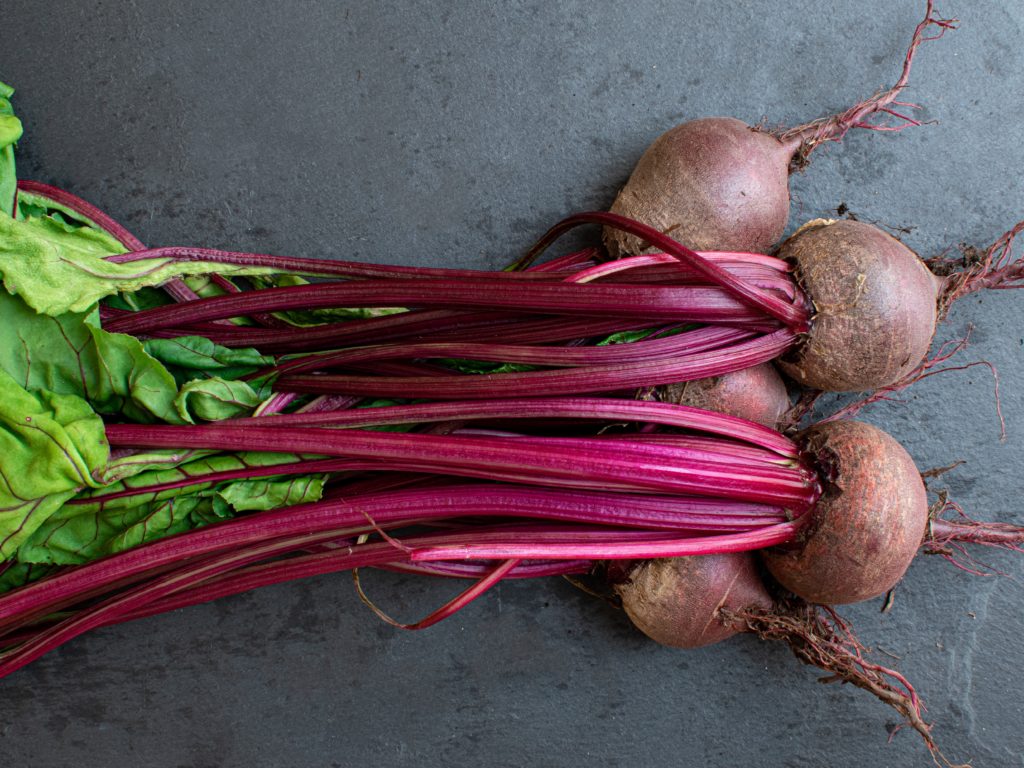In 2018 the Organic Trade Association (OTA), with help from Organic Voices, launched a voluntary checkoff program that would mimic that of a USDA-funded checkoff program. Since 1966, Congress has authorized industry-funded research and promotion (R&P) boards to provide a framework for agricultural industries to pool their resources and combine efforts to develop new markets, strengthen existing markets and conduct important research and promotion activities. (Think “Beef. It’s What’s For Dinner” or “The Incredible Edible Egg”). These checkoff programs provide vital dollars to specific industries to help with research, education, marketing, and more. The OTA was unable to set up an official USDA funded checkoff program so they decided to set up a voluntary one instead. The idea was to raise money to fund specific projects that would help the organic industry as a whole.

GRO Organic proposed four buckets of work:
- Education and Marketing
- Climate Change Research Projects
- Technical Assistance
- Consumer Messaging
All of these programs have launched and lots of exciting work has come out of these projects. We highlight the work below.
Education & Marketing: Skip the Chemicals
Organic Voices (Only Organic) launched our new campaign in October of 2019 with “The World’s Most Skippable Ad” and the slogan: Skip the chemicals and just go with Organic. The 30-minute ad has been featured in a Time Magazine article about the Superbowl and won a Gold Shorty Award, which honors the best in digital and social advertising, in the YouTube Category. More than 100 brands, organizations, and influencers helped in sharing the new creative, and with 35+ impressions we continue to spread this message to consumers who are confused about what organic means. (Organic Voices was already working on this campaign when GRO Organic was conceived and became the research and education part of GRO Organic.)
GRO Organic Climate Change Research Projects
Three GRO Organic research projects focus on climate change mitigation and fostering soil health. These projects are facing the challenges associated with mitigating and adapting to climate change with innovative research initiatives—exploring the ways organic farming builds soil health, investigating the impacts of organic farming practices on carbon sequestration, and highlighting the benefits that specific organic practices can have on yield.
- The Organic Center and the University of Maryland collaborated on a project that looked at the best management practices for healthy soil on organic farms. Findings were published in a scientific journal, as well as a companion report summarizing the findings and contextualizing them with past research. Click here to learn more.
- In another project in collaboration with the University of Maryland, researchers are investigating the impacts of organic management on carbon sequestration to quantify how specific organic soil management techniques can optimize carbon sequestration to move the dial even further on using organic farming as a tool for mitigating climate change. Research is completed and a manuscript was submitted for publication and is currently under review. The scientific report should be published by the end of 2020 and will be accompanied by a companion piece highlighting the findings and providing background.
- The third project in collaboration with researchers at the University of California, Berkeley, and the University of California, Irvine, investigates the impacts of organic soil-building strategies on yield. The project will quantify the interaction between different management practices on soil health and yield. The research is ongoing and should be wrapping up later in 2020.
GRO Organic Technical Assistance
The Organic Agronomy Training Series (OATS) is a groundbreaking “train-the-trainer” technical assistance project addressing the lack of experts available to help organic and transitioning farmers by providing science-based organic training to agricultural professionals who work with farmers. As social distancing requirements impact the ability for in-person trainings, OATS is adopting an innovative hybrid-online programming model that will enhance the accessibility and adaptability of trainings. Trainings are focused on organic row crop production in the Midwest with strategic plans for expansion to new geographic regions and crop types. The series completed 3 pilot trainings in 2019 for 119 attendees. In March 2020, they completed 3 trainings for 95 attendees in Idaho in partnership with CCOF and Anheuser-Busch’s Contract for Change Program. Recently they also received nearly $100,000 in grant funding from SARE and Lumpkin Family Foundation. More details at https://organicagronomy.org/
Top national donors to GRO’s Technical Assistance Programming include General Mills, Clif Bar, Organic Valley, King Arthur, and Stonyfield.
GRO Organic Consumer Messaging
The consumer messaging research is a groundbreaking consumer project that was the largest-ever consumer studies on organic conducted in multiple phases over the course of two years. We surveyed over 3,000 people balanced by age, gender, race/ethnicity, education, and income to understand who is most likely to purchase organic products, and what messages motivate them. An interactive workbook was created to help organic businesses reach target shoppers and since the toolkit was completed in January 2020, the research has been presented in-person and virtual presentations, serving as the underpinning for presentations at conferences and industry gatherings.
GRO Organic continues to do important work that will help the organic industry adapt to an ever-changing world for decades to come. If you are interested in learning more please reach out to Katrina Staves at Katrina@onlyorganic.org.









